Live in Parkinson’s Home Care
Arbour Companions & Care are specialists of live in Parkinson’s home care. We understand how Parkinson’s is a life-changing condition and can lead to an array of symptoms which your loved one may find difficult to manage such as tremors or memory problems. Our staff are well trained in Parkinson’s care and we are a business that ensures that all our staff are constantly learning new ways and developing their understanding of the disease with new research and practices that are being developed by the scientific community.
If you’re wondering how Parkinson’s is diagnosed, check out our article, here.
If your loved one has recently been diagnosed with Parkinson’s and you’re looking at your different options of care, we here at Arbour Care can help. We have had many years in caring for those with Parkinson’s and have a wealth of knowledge and experience in the area. If you have any questions about our care then please get in contact with us today. We would be more than happy to help answer any questions that you may have. One of the common misconceptions we’ve heard from others is that once a diagnosis has been given, your loved one will need to move into a home to be looked after. There is another option for you to consider – live in Parkinson’s home care.
If your loved one is worried about the thought of losing their independence, this is where live in Parkinson’s home care can offer you fantastic support. Our professional live in carers will always be on hand to look after and help aid your loved one, whilst also allowing them to maintain their independence all from the comfort of their own home. This is something that can be tailored to your choice, as it’s very important to us that your loved ones receive the best care for them possible.
If you’re in need of some helpful information such as how to pay for care or life with a carer, feel free to check out our page dedicated to all of these queries, here.
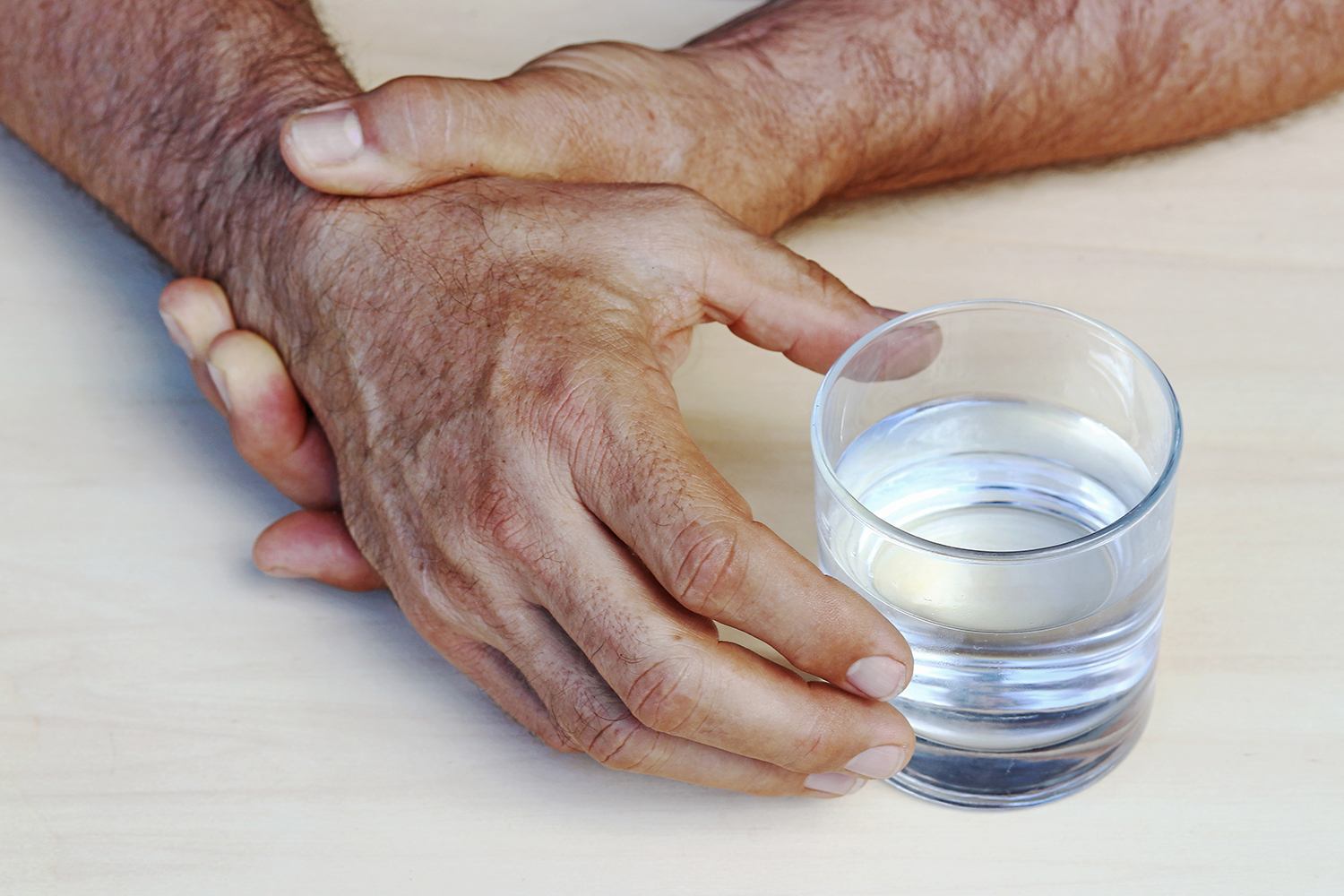
24-hour live-in Parkinson’s Home Care Support
Our carers will be there for your loved one 24/7. If you have any questions about the services that we provide or any of the activities that we carry out then please get in contact with a member of our team today. Having a carer available means there is a variety of ways in which they can help such as:
- Helping your loved one to use the bathroom
- Encouragement of social activities
- Taking care of household tasks such as washing, ironing, and tidying
- Encouragement of exercise by partaking in walks or excursions
- Meal planning – ensuring that your loved one is eating
- Establishing a regular routine
Helpful tips to care for someone with Parkinson's disease
At Arbour Care, we understand how life changing a disease Parkinson’s can be. That’s why we’ve put together a couple of tips for you to consider when looking after our loved one:
- Person centred care – Ensure that you are treating our loved one as an individual, not just someone who has a condition.
- Issues with constipation – Due to the improper functioning of the autonomic nervous system, those who suffer from Parkinson’s can often suffer from constipation as their muscles don’t work as smoothly as expected. To help avoid this, ensure that your loved one is consuming more water, is in an environment that reduces their stress levels, ensure their diet is high in fibre.
- Exercise – Staying active has many health benefits that can help sleep, strengthen muscles and joints as well as reduce stress and depression.
For further tips, be sure to check out our helpful resources around looking after a loved one with Parkinson's disease.
If you are feeling worried about looking after your loved one, then we here at Arbour Care can help you. Get in contact with a member of our team today!
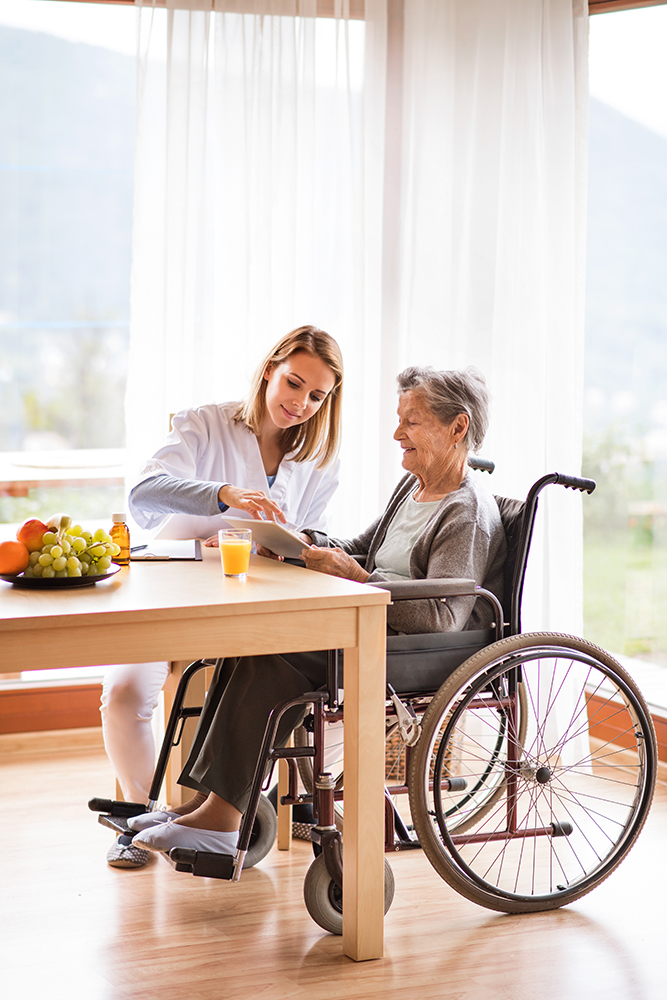

How does Arbour Care help with Parkinson’s home care?
At Arbour Care, we understand that there is no one size fits all approach when it comes to Parkinson’s care. We sit down with our clients and carefully outline their needs to understand what the best approach would be to help. We understand that this is a difficult decision, we pride ourselves on our levels of care. If you would like to know more, then please check out our testimonials section on our website for more information. If you’re looking for a live in carer for your loved one suffering from Parkinson’s, then please feel free to get in touch via the contact form above or by ringing 0845 838 1090.
Our carers are trained and qualified in a range of complex care needs for people of all ages and understand the importance of ensuring great care management for your loved one. We are flexible with both long term and short-term contracts so you can ensure you’re getting the right Parkinson’s home care treatment.
If live In Care is more than you need to fulfil your care needs, we also offer Domiciliary Hourly Care.
We help people to live the life that they choose – and you will very much design your own service and stay in charge of your care. We work with people’s strengths rather than focusing on what they can’t do. Our services are all "managed", i.e. we supervise each contract, quality assure our carers' work and keep accurate records of what we would be doing to support our clients.
If you would like to know more about the type of service we provide, then please take a look at our client testimonials.
What is Parkinson’s disease?
Parkinson’s disease is a medical condition, best described as a chronic and progressive movement disorder. It’s fairly common, there are More than 20,000 cases per year diagnosed in the UK
Parkinson's disease is caused by a loss of nerve cells in an area of the brain called the substantia nigra. This is a region in the midbrain that is considered part of the feedback mechanism in the brain which controls movement. Nerve cells in the substantia nigra produce the chemical dopamine which is responsible for relaying messages that plan and control body movement.
This loss of dopamine is thought to be one of the main contributors to Parkinson’s as it leads to the different symptoms which are associated with the disease - such as slowness in movement and muscle stiffness.
Symptoms
Signs and symptoms may include:
- Tremors,
- trembling of hands, arms, legs, jaw and face
- stiffness of the arms, legs and trunk
- slowness of movement.
- Poor balance and coordination.
- Speech difficulty
Parkinson's disease symptoms may vary from person to person. Early signs may be mild and may go unnoticed. Symptoms often begin on one side of the body and usually get worse on the same side, even after symptoms begin to affect both sides.

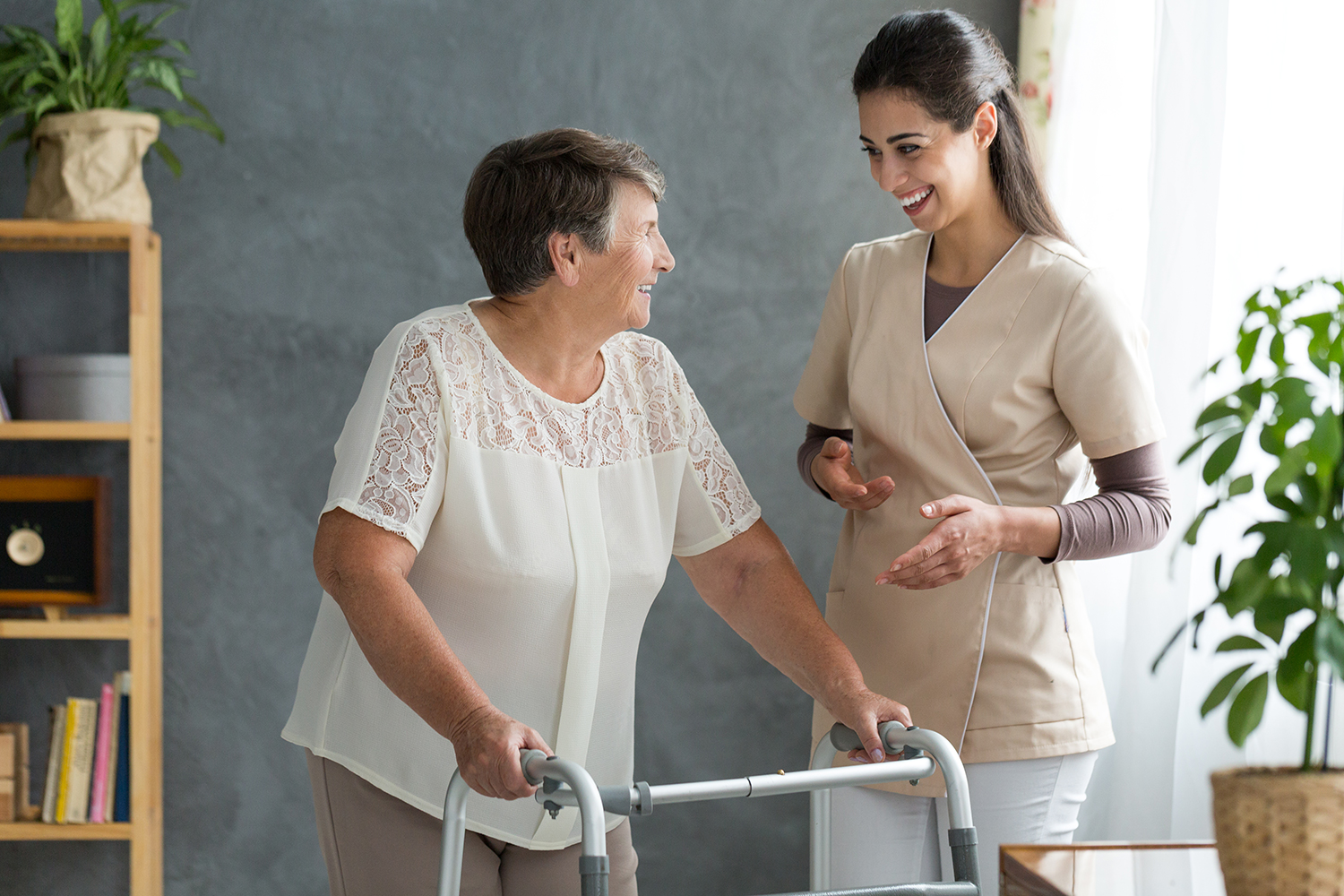
Treatment and research
Currently, there is no cure for Parkinson's disease – which is why it is important to support the Parkinson’s Association who fund much of the research.
There are, however, treatments available to help relieve the symptoms and maintain quality of life. These treatments include: -
Supportive therapies – such as physiotherapy, occupational therapy
Medication – which includes a number of medications that increase the amount of dopamine in the brain by;
acting as a dopamine substitute, stimulating the parts of the brain where dopamine works or
blocking the action of other factors (enzymes) that break down dopamine
Surgery Deep brain stimulation is the main type of surgery used to treat Parkinson’s. Usually, it is most effective at improving motor (movement) symptoms. It may be an option for people whose symptoms are no longer controlled well by the best available medication for their condition.
Supporting people living with Parkinson’s
The Parkinson’s association has excellent advice on how to support someone living with dementia. As a general rule, it is important to encourage and support the person to live the life that they choose, in the way that they want to live it.
Friends and contacts need to understand that the person might “freeze” from time to time, they need a bit of extra time to do things and they need to take the balanced medication at very exact times.
For more information, contact Christina Sell or check out https://www.parkinsons.org.uk
Additionally, call up the Parkinson’s helpline at 0808 800 0303 if you’re in need of any assistance.
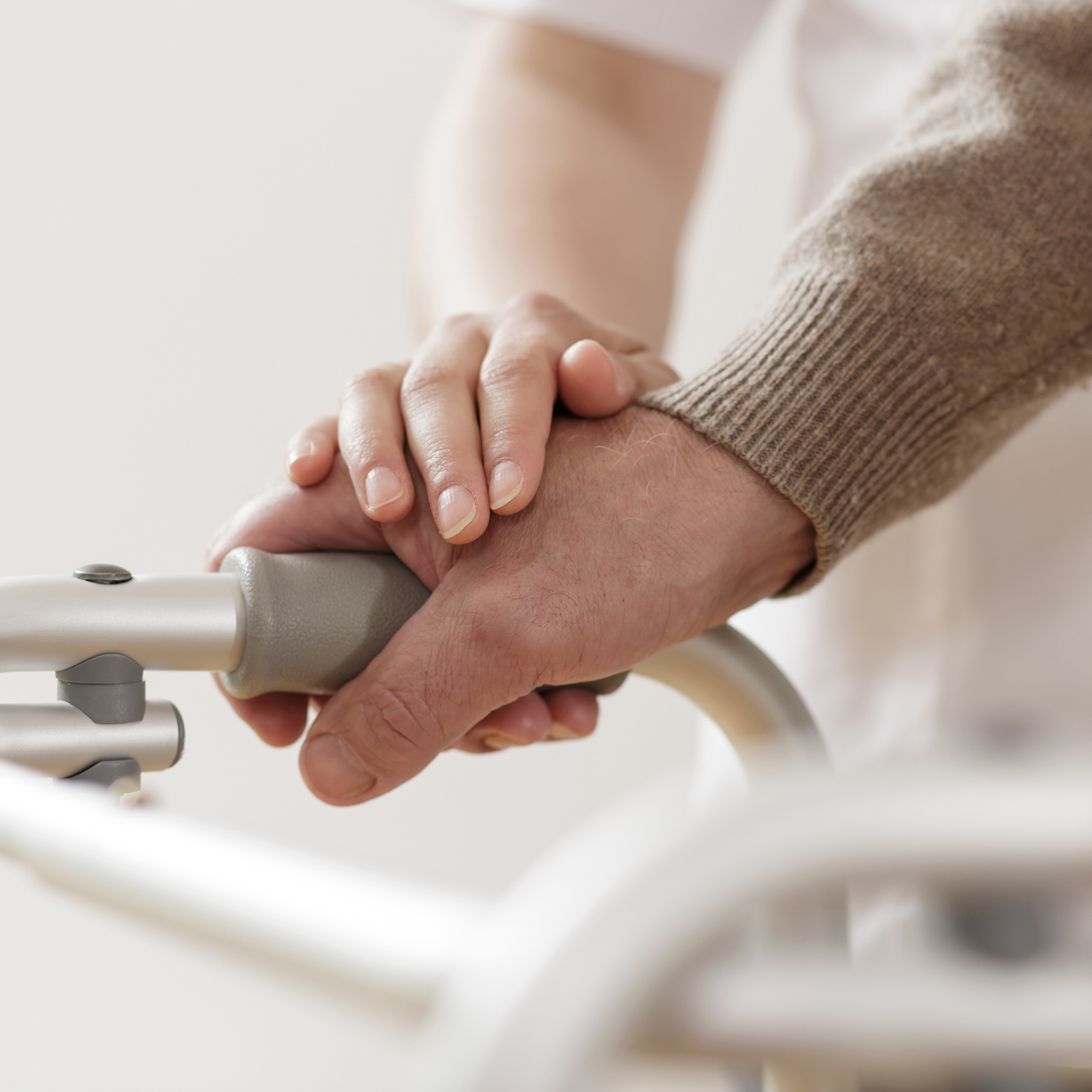
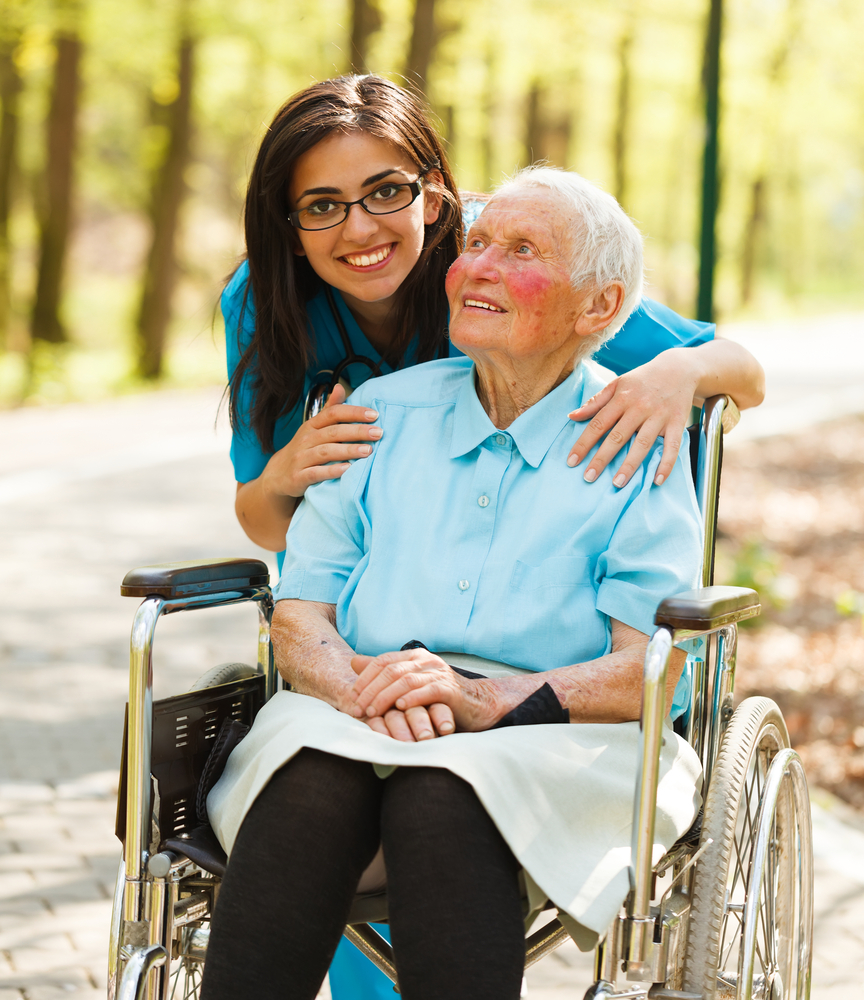
Frequently Asked Questions






© 2022 Caring Professional Solutions Limited | Privacy Policy | Site Map
